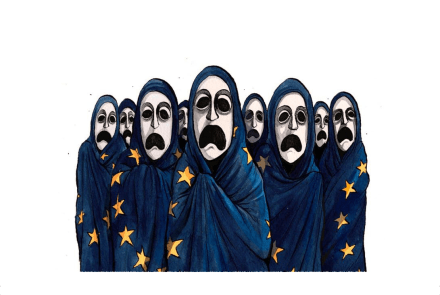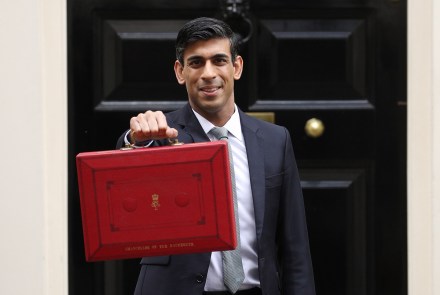Bring back Nancy
The bank was having Transgender Visibility Day when I popped in to deposit some cash.The stressed-looking customers, meanwhile, seemed mostly like they were having Affluence Invisibility Day. One woman was complaining bitterly that £4,000 had been transferred to the wrong place and the bank wouldn’t give it back. I put my hand on the cash in my purse and stroked it a little. I’m amazed we are still allowed to keep cash. I’m sure they would have liked to have got rid of it by now. Thankfully, I had some so I could put it in my account to stave off overdraft text alerts because nothing else had gone through




